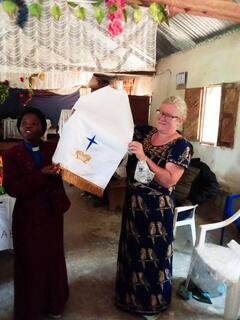 Presentation of the paraments Presentation of the paraments In February 2019 FPM received an e-mail from Lary Cropper, pastor of Hancock Chapel/Milltown, a small two-point charge in rural Indiana. Lary described with love and sadness the hard decision they were making. Hancock Chapel, which had outhouses and no running water, had a wonderful spirit among the people, but they were entering the last chapter of their life here on earth. Milltown had been booming 75 years ago, but now they too were facing dwindling numbers in a community that was rapidly becoming a ghost town. The church was down to 23 members and less than 10 attending. Lary and Superintendent Gary Schaar were in conversation with the remaining members on deciding to have a final service later that year and sending a significant amount of their remaining financial assets--and paraments-- to DR Congo, where Milltown's legacy could live on through the support of a sister congregation there. FPM asked the leaders of the Tanganyika Conference to strategically select one of their many congregations that was striving to build a sanctuary that could withstand the storms of the rainy season. Long story short, construction began in June 2019 on a new sanctuary for the UMC in Kabimba, and in December 2020 Rev. Lana Robyne personally delivered Milltown's paraments to Kabimba's congregation. Here is a portion of Lana's report: My host, Banze and Pastor Eric Kalumba, Director of Development for the Tanganyika Conference, planned to accompany me to Kabimba. On Tuesday right before Christmas we met to leave at 6 am. When Banze called to let them know we were on our way, they warned us that the road was too difficult even for the Land Cruiser. It looked like it would be a sunny day, so we decided to go on motorcycles. I could ride behind Banze, and we hired a second driver to transport Pastor Eric and transport my heavy Milltown bag. We headed out of town at 7:30 am after getting fuel and a few tune-ups on the motorcycles. It was indeed a terrible, hard, long road over a mountain. A new road is in the works between Kalemie and Kabimba. Currently, though, it runs out of pavement before leaving Kalemie. For several kilometers past Kalemie, the fairly wide, graded, sandy road goes just past a brand new football (soccer) stadium. It runs between beautiful luscious green fields of well-irrigated rice, cassava, and corn with the help of NGOs. After about 30-40 minutes, the road starts climbing steeply up a mountain. The high mountainous road narrows into alternately sandy or rocky paths, winding high above an island-speckled bay for 7 kilometers. Occasionally mountain streams tumble across, leaving slick deep mud and puddles. Just when I thought I couldn’t stay astride any longer, we came around a bend where we were met by a crowd of United Methodists ready to welcome to us. We had arrived at the outskirts of Kabimba after almost three hours of grueling travel. I struggled to dismount the motorcycle as gracefully as I could with very stiff, cramped, shaky legs and sore back. But overall, I was grinning and incredibly elated to see these brothers and sisters in Christ! . . . The current sanctuary and parsonage teeter on a steep, rocky hill overlooking the city. The path up was very treacherous, especially with my shaky legs. When I stumbled, everyone tried to help me, making it even harder. I cannot imagine how people reach church or leave when it is raining and wet. Worship services can last around three hours here, in which time a bright, clear morning can turn quite rainy. We entered their current building and worshiped together until noon. Multiple choirs of children, youth, men, and women sang beautiful songs. Finally, the D.S. stood to tell the story of me coming to be missionary in their conference. Then I told them about Milltown UMC in Indiana . . . I told about Milltown finally taking down the cross and the paraments to send to the Congo. I pulled out the well-travelled bag from my backpack . . . Congregants gasped and ululated with joy as I pulled out the beautiful shiny altar cross. Then one by one, I pulled out the paraments. I wasn’t sure how much they observe the colors and symbols of the church season, but with so many young children there, I took the opportunity to explain the significance of each. . . Then DS invited me up to the parsonage perched above the church. She explained that it was being built while she was at General Conference in 2019, and during those weeks she was gone it was destroyed three times by rains. It is a simple three room house in which they live with the youngest and oldest of their children while the others are in boarding school. I asked about housing for the other pastor, superintendent of the United Methodist schools. She said he and his family live with them in their house. He and his wife have six children. We made our way carefully down the steep path and walked through town to the new church building. It is on a wide, flat, grassy expanse in front of the United Methodist schools. It is about three or four times larger, twice as tall, bright with many glass windows, a cross shape in the concrete floor, a raised altar area, and two offices in back. Much has been accomplished with the money Milltown UMC gave them. It is not open yet though. There are neat piles of rock and sand inside awaiting the next steps. They have yet to buy tiles for the floor. They want to buy new plastic chairs. They plan to finish the front veranda and put up a bell-tower/steeple. They estimate they need an additional $5,000 to finish these. Beyond completing the building, I asked what visions they have for the church. The lay leader wants to invest in a boat to help them more easily transport people and goods between Kalemie and Kabimba and raise money for the church. The Kipendano UMW president, Fatuma, said the women want to build a guest house next to it. The youth want to cultivate some of the land and sell sodas to raise money for their ministries. They want to buy new modern musical instruments for a praise band. We concluded with a prayer and another song. Their music billowed high in the rafters and echoed on the tin roof. I look forward to the official opening of this church and the cross and altar cloths coming to their final blessing place! It will be a glorious day. Before we dismissed, there was one last presentation. They dragged forward a very belligerent, bucking young billy goat, yes, into the new sanctuary. I thought this might be symbolic too, but, no, they actually gave it to me and wanted me to take him home. Pastor Eric suggested I pay our motorcycle driver extra to carry it back, and he agreed . . . We left again at 1:45 and reached home [Kalemie] around 4:45 pm. I had to stop for more stretch breaks on the way back. We were all exhausted, sore, and very relieved to finally get home, including and most especially the goat. Overall, though, I am very happy that we made the journey, and that the cross and cloths are finally in their new home. To read Lana's full story of the journey from Milltown, Indiana to Kabimba, DR Congo, download her report by clicking on the file image below.
1 Comment
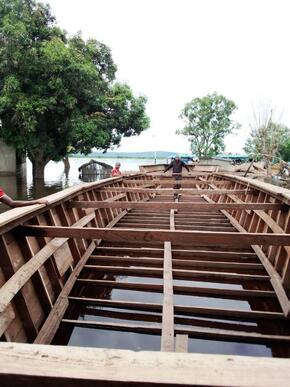 Back in October, we shared with you that our beloved riverboat, The Indiana, had been damaged beyond repair in a storm and that we raising funds to replace it. Thanks to an outpouring of generosity, we surpassed our fundraising goal, and the new larger boat is nearly complete. We pray this one will spend many years transporting vital medicines and supplies, and safely and rapidly getting people where they need to go--be it to a hospital, a seminar, or a new clergy appointment. 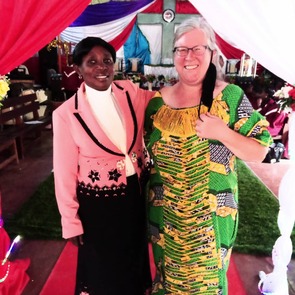 FPM Board Members Rev. Jacqueline Mwayuma (left) and Rev. Lana (right) in Kalemie, DR Congo. December 2020 FPM Board Members Rev. Jacqueline Mwayuma (left) and Rev. Lana (right) in Kalemie, DR Congo. December 2020 Back in April, we announced that FPM board member, the Rev. Lana Robyne, was becoming a full-time missiologist based in Kalemie, DR Congo. After months of travel/visa delays due to the global pandemic shutdown, Lana has finally reached her new home in Kalemie, DR Congo and begun her full-time appointment in the Tanganyika Conference. Bishop Mande has tasked Lana with the work of developing and directing mission evaluation and discernment initiatives focused on and with the conference. She will be encouraging and equipping church leaders and connecting them to people and resources (e.g., specialized training, grant opportunities, etc.) that can help sustain and strengthen them in their varied ministries. She along with Rev. Mwayuma will also be FPM's new official liaisons for the Tanganyika Conference (FPM board member Freddy Kitwa is out of the country until late 2021). Since, as with nearly all UMC appointments in Tanganyika, Lana's new job does not come with a salary, FPM is partnering with the Tanganyika Conference by serving as a reliable (and tax deductible in the USA) way for anyone wishing to financially support Lana's work to do so. To contribute to Lana's living stipend fund, use any of the listed options on our donation page and be sure note in either in the memo line or with an email to our treasurer ([email protected]) that the funds are to support Lana. Rev. Lana posts regular updates from her personal Facebook page. We will occasionally feature her reports on this blog. 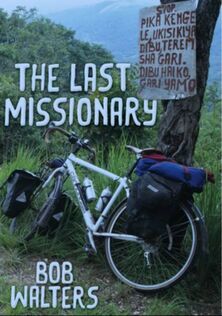 Great News! FPM co-founder, the Rev. Dr. "Biking Bob" Walters' book, The Last Missionary, has joined the Wipf and Stock Publishers' family in its reprint division. Copies can now be ordered directly through Wipf and Stock About The Last Missionary The Last Missionary is a bicycle adventure story set in remote districts in eastern Democratic Republic of the Congo. Bob Walters travels with a team of Congolese colleagues discovering the state of the villages run over by the Pan-African war that devastated the region’s people through the terror of rape and the killing of millions. Along the way, Bob offers the reader a number of short tutorials and reflections on missiology, the study of mission systems. He ponders patronage and cargo cults, and asks the question, “Is Jesus the answer?” But this is not an answer book, it is a book in search of better questions. The Last Missionary is a challenge to both evangelicals and progressives in the church, missionaries and mission volunteers, and even non-religious aid workers. 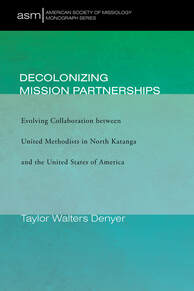 FPM is proud to announce that the doctoral thesis of FPM's head of missiological training, the Rev. Dr. Taylor Denyer, has been published in the American Society of Missiology's monograph series. This work, Decolonizing Mission Partnerships, looks deeply at the evolving relational dynamics between United Methodists in North Katanga and the USA and sets up a multifaceted conceptual framework through which one can analyze other missional collaborations in postcolonial contexts. The Rev. Dr. Mande Muyombo, United Methodist Bishop over the North Katanga Episcopal Area, writes "Decolonizing Mission Partnerships is a book that should lead us into redefining what it means to be a church engaged in God's mission. Structures and systems that support mission are called to reevaluate themselves through the lenses of the perspective and experiences that Rev. Denyer presents to us. I appeal local churches to reflect on the book." Printed copies can be ordered directly via Wipf and Stock (for the publisher's discounted price) or from a number of major booksellers. For those on a budget, there is a Kindle version for just $10. We are sad to report that our beloved FPM boat, The Indiana, was busted beyond repair in a storm. She saved countless lives over her many years of service, acting as a mobile clinic and ambulance transporting medicines, medical professionals, and patients to towns and villages along the river (especially during cholera outbreaks), delivering construction materials to numerous clinics and congregations, and offering clergy and lay leaders safe and affordable transport to annual conference and other important gatherings.
While she is gone, the need for sturdy and well-managed riverboats in the Tanganyika and North Katanga Conferences (DR Congo) continues. Please consider helping FPM buy a new boat by making a financial contribution and/or spreading the word. By salvaging what we still can from The Indiana, we are looking at around a $4,000 project. 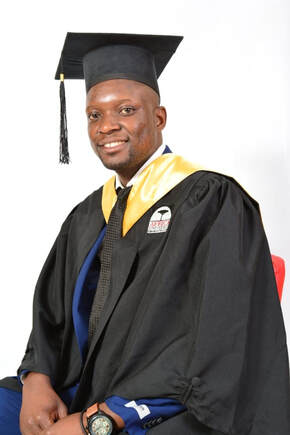 Claudia's AU Graduation Photo Claudia's AU Graduation Photo My name is Mbuyu wa mbuyu Claudia, and I am an orphan who was raised in the United Methodist Church’s Children’s Home in Kamina, DR Congo. FPM means everything to me; it has changed my life, and I want to testify to some of the ways FPM has been there for me. It was 2014 when I first went to Zimbabwe to study at Africa University. While I had a scholarship that covered my tuition and board, I did not have enough money to buy a computer to write my papers, proper clothing for the climate, or even laundry soap. This is where FPM stepped in, even sending money for transportation and food so I could spend the long holidays back home in Congo. Because of FPM, I was even forgetting that I was an orphan because they treated me as their son. FPM has given me a life I had not even dreamt for myself. I now have so many friends from far away from Congo. I made friends my own age from the USA on FPM’s Friendship Tour from Lubumbashi to Mulongo. We traveled around 600 kilometers together by bicycle, and it was the best adventure I’d had in all my life. I love going on these FPM bike adventures: I’ve been on two FPM trips from Lubumbashi to Mulongo as well as from Lubumbashi to Kamina. [FPM co-founder] Bob Walters was preparing a good life for me—he gave the world to me, and unfortunately, he left us too soon. May he rest in eternal peace. Today his daughter, Maman Taylor, is doing the same thing. This year I graduated from Africa University, and my FPM family is continuing to be there for me as I find my place in society. I thank God for that and say thank you to the leaders of FPM, especially Rev. Bob Walters’ family: Rev. Maman Taylor and Maman Teri; Pastor Lana and her family; Pastor Mulongo and family; Pastor Maloba and family, and Bishop Mande and family for your support in every way. May the God of orphans and widows be with you and your families always. 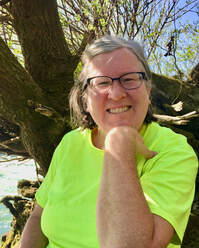 FPM is excited to announce that, in partnership with The United Methodist Church's Illinois Great Rivers Conference and the North Katanga-Tanganyika-Tanzania Episcopal Area, our longtime board member, Rev. Lana Robyne, has been appointed as a full-time missiologist to the Tanganyika Conference effective July 1, 2020. Once the Covid-19 travel restrictions have been lifted, Pastor Lana will move to Kalemie, DR Congo. Her primary task will be developing and directing mission evaluation and discernment initiatives focused on and with the Tanganyika Conference. She will be meeting with congregations to study and evaluate missional capacity and needs, praying, preaching, coaching, leading workshops, researching, fundraising, and coordinating mission education and projects. This initiative will work closely with the Tanganyika Conference’s Director of Connectional Ministries, Evangelism Department, Development Department, Kipendano (UMW), JPC (Youth and Young Adults), and scouting ministries. Her appointment will include significant time itinerating in the United States as well as DRC. Pastor Lana was ordained an elder in 2001 and has been on loan to the Indiana Conference for the past 18 years. She has served as Co-Director of Wesley Foundation Campus Ministry at Purdue since 2002 and, for the last 14 years, also as Pastor of Spiritual Formation and Campus Ministry at First UMC in West Lafayette. In 2006, she was a visiting chaplain and lecturer at Africa University. Before that, she served small churches in Illinois. Pastor Lana has two adult children, Isaiah and Ella. She has an M.Div. and Master of Theology from Christian Theological Seminary. This August, she will be receiving an MA in History from Purdue, where she researched colonial mission and human rights history in Congo. We ask that you hold Pastor Lana in your prayers. This is a huge leap of faith for her, especially since this ministry does not come with a guaranteed salary. She is trusting that God will help her find creative ways to financially support her work. If you feel called to donate or organize a fundraiser for this ministry, please let us know. Tax deductible contributions earmarked "Lana" can be made through Friendly Planet Missiology. Dear Friends,
2019 was fruitful year for FPM as even more dreams became realities. Below are some of things we accomplished thanks to your support. Friendship-Building Tours FPM sponsored two friendship tours in 2019. On the Indiana tour, Pastors Lana, Joseph, Mumba, and Jackie as well as Papa Londwa traveled around the state visiting old friends, making new friends, and sharing with folks about the ministries of church leaders in the Tanganyika Conference and the challenges they face. (for more about this click here ) The second tour was a joint educational friendship-focused program of FPM and Purdue University’s Wesley Foundation. On this tour, young adults from the USA, Africa University students and graduates, as well as FPM leaders in Congo went on an epic road trip together. The voyage began at The UMC’s Africa U. in Zimbabwe, then down by bus to Victoria Falls, up by public busses through Zambia up to The UMC’s Mulungwishi University in Congo, and finally all the way up to Kamina by bicycle (more on their itinerary here). In addition to building new friendships, the tour functioned as a traveling missiology classroom. Participants read Biking Bob’s book (including excerpts from the not-yet-published sequel) and had challenging conversations about healthy ways to build friendships that cross socio-economic and cultural boundaries. One participant’s reflections can be found here. Spreading Missiological Education Taylor completed her DTh in Missiology, and her thesis, Decolonizing Mission Partnerships was selected by the American Society of Missiology to be published in its monograph series. The book is scheduled to come out in late 2020 and will become one of the core textbooks for FPM’s curriculum. As FPM’s lead coach, Taylor gave a number of keynotes, workshops, papers, and university guest lectures on the topic on rethinking understandings of mission as well as exploring and addressing the impact of racism on us all. Her teaching ministry took her to events on three continents. In addition, she taught the spring Course of Study on Mission at Wesley Theological Seminary, using a curriculum she has been developing for FPM. Grants, Scholarships, and Construction Support FPM continues to help connect important ministries in North Katanga and Tanganyika with folks with the financial means to support them. Some of the programs your contributions supported in 2019 were:
2020 is looking to be another great year. Our core leadership team has expanded and is more active than ever before, and together we are dreaming and discerning where the Spirit is leading us next. 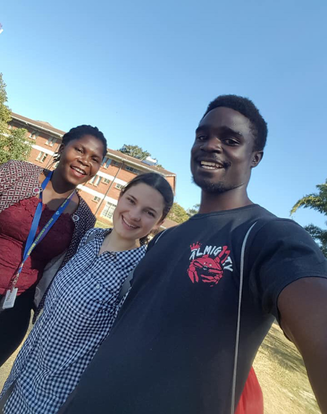 L - R: Succeed, Elizabeth, Simbarashe L - R: Succeed, Elizabeth, Simbarashe Originally published in the Fall 2019 newsletter of the Baptist Student Foundation at Purdue University. This trip involved traveling by bus and bicycle through Zimbabwe, Zambia, and into the Katanga region of DR Congo. By Elizabeth Marie Sowinski The Zulu word “Ubuntu” is used to describe the interconnectedness of mankind. It roughly translates “I am because we are.” Among many devoted Methodists whom we encountered in Africa, ubuntu is a way of life. They live and breathe to serve their communities, prioritizing them second only to their Creator. We can learn much from people like these, but I would like to emphasize three lessons. First, Westerners can learn a lot from their attitude toward trials in life. In my short month in Africa, we encountered countless challenges to our mission. They ranged from minor irritations to major obstacles. Despite all these troubles, a way always presented itself. Call it faith, endurance, or divine intervention; things always worked out in one way or another. In this, we had to learn to trust in our African friends, leaders, and our God. Often, if not most of the time, our situation was out of our hands. We regularly encountered times where there was nothing that we as American students could do to fix our problems. We simply had to trust in the people that guided us and the God we serve. This led to countless changes in our plans and moments of anxiety as we had to entrust our cash, passports, or even our safety into the hands of a “friend of a friend,” whom we had only just met. Nevertheless, they always maintained their integrity and made sure that we were safely delivered to the next step of our journey. Despite their poverty, our brothers and sisters always made sure that our needs were provided for. Their outpouring of generosity was humbling. The churches that we visited have very little money and few resources, but we were never in want. Their hospitality and kindness are truly astounding. The second lesson that we can learn from our African brothers and sisters is that home is people. Home is not a place. Home is not an object. Home is not a feeling. Home is people. People who accept you, love you, and want you. This is how I traveled many kilometers across a foreign land without leaving home even once. As we journeyed from place to place, we met many new people. Often, we would only had the opportunity to spend a day or two with them. Nevertheless, we were welcomed with open hearts and open arms, as a long-lost family member coming home. In a way, we were family, united under the Methodist cross and flames and, ultimately, under our Father and Savior. In each new location, we entered a communion with our brothers and sisters in Christ that truly made it our home. The final lesson is by far the most frustrating, but also may be the most important. Most Christian leaders that we met on this trip are passionate, driven, and willing to do whatever it takes to save their communities. Furthermore, these people are already in place to make a difference as leaders in the church, local government, or even simply among their peers. As Westerners, we may have passion and an intense desire to “save” the innocent from the affliction that is poverty. To rescue children from hunger and disease. To end the suffering that comes from destitution. However, it is vital that we recognize that we quite literally cannot. We are not capable of fixing these problems for our friends. Westerners made this mess decades ago, and corrupt governments perpetuate it, but we Christians and servants on this side of the world do not have the ability to liberate our brothers and sisters from their trials, no matter how much we try. Rather, to truly help, we must humble ourselves, deny our hero complex that dominates so much of traditional missiology, and instead pour our efforts into supporting those who can make a difference in their own communities. In this way, and this way alone, can we help bring about deep systemic change. As much as we would like to step in and “fix” the situation, we are simply too far removed from the source of the problem. We are not in a proper place to affect lasting change, and any attempts to muscle in and do so will ultimately fail, if not cause even greater damage. There are several great dangers in that approach. First, it establishes a system based in patronage that creates a dependency on wealthy Westerners. It handicaps local leadership by implicitly attempting to convince them that their efforts are not enough, that they cannot make a difference by themselves, and that they require the generosity of a rich white person to do effective work. That is a toxic mindset and can be extremely damaging in the long term. It is also the greatest downfall of traditional missiology. Second, when Westerners try to resolve uniquely African complications on their own, they inevitably impose their own Western culture on the victims of their “aid.” African culture is already rich, deep, and plentiful. They do not need our ideology trampling on their way of life. This can lead to several societal complications, including a chance of instilling into Africans the idea that they should attempt to mimic Western doctrine. Western culture does not necessarily mesh well into African culture, and while both are valid and important, Western dogma will not resolve African problems. So then, what can we do to help our Christian brothers and sisters who suffer in poverty? The answer is that we support them as they resolve their own situation. This can manifest in many ways, and it can be difficult to distinguish between supporting local leadership and endorsing patronage. Further, it is challenging to relinquish control and trust our African friends and colleagues to develop their own ideas and use their own methods, despite their lack of resources. Personally, I feel a sense of helplessness when I am unable to bring aid to a loved one. This tempts me to feel hopeless about their destitute condition. However, this I know: the need is great, but the passion and devotion of many Christian leaders is greater. These people are in place to help; we are not. They are in a position where they can do far more good than we could even hope to accomplish. Western culture emphasizes individualism and independence. Because of this, we often feel the need to fix things on our own. We will assist another person because of our own desire to feel good about ourselves. Looking deeper, you can see that this is rooted in a sense of pride, intertwined with hopes of heroism and moral superiority. This is not servanthood. In order to see widespread, systemic change, we must lay aside our ego, humble ourselves, shut up, and listen. Stop the advice, stop the missions, stop imposing, and listen. The people of Africa have spent their entire lives dealing with the crises that we have only just begun to see. They know the inside, outside, upside, and downside of their situations, and only they know what needs to be done. If we can lower ourselves and uplift the locals, if we can support their ideas and projects, and if we finally acknowledge that we are not the heroes but rather a part of a team and family, I believe that together, the body of Christ will be unstoppable in our calling to love and serve one another in unity, hope, and peace. TO TRULY HELP, WE MUST HUMBLE OURSELVES, DENY OUR HERO COMPLEX THAT DOMINATES SO MUCH OF TRADITIONAL MISSIOLOGY, AND INSTEAD POUR OUR EFFORTS INTO SUPPORTING THOSE WHO CAN MAKE A DIFFERENCE IN THEIR OWN COMMUNITIES. |
|||||||
- HOME
- ABOUT US
- OUR BOOKS
-
OUR WORK
-
HISTORY
>
- 2023 YEAR IN REVIEW
- 2022 YEAR IN REVIEW
- 2021 YEAR IN REVIEW
- 2020 YEAR IN REVIEW
- 2019 YEAR IN REVIEW
- 2018 YEAR IN REVIEW
- 2017 Year in Review
- 2016 Year in Review
- 2015 Year in Review
- 2014 Year in Review
- 2013 Year in Review
- 2012 Year in Review >
- 2011 Year in Review >
- 2010 Year in Review >
- 2009 Year in Review
- NURSING SCHOOL
- WOMEN'S FOYER
-
HISTORY
>
- DONATE
- BLOG
- CONTACT US
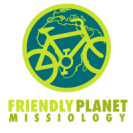
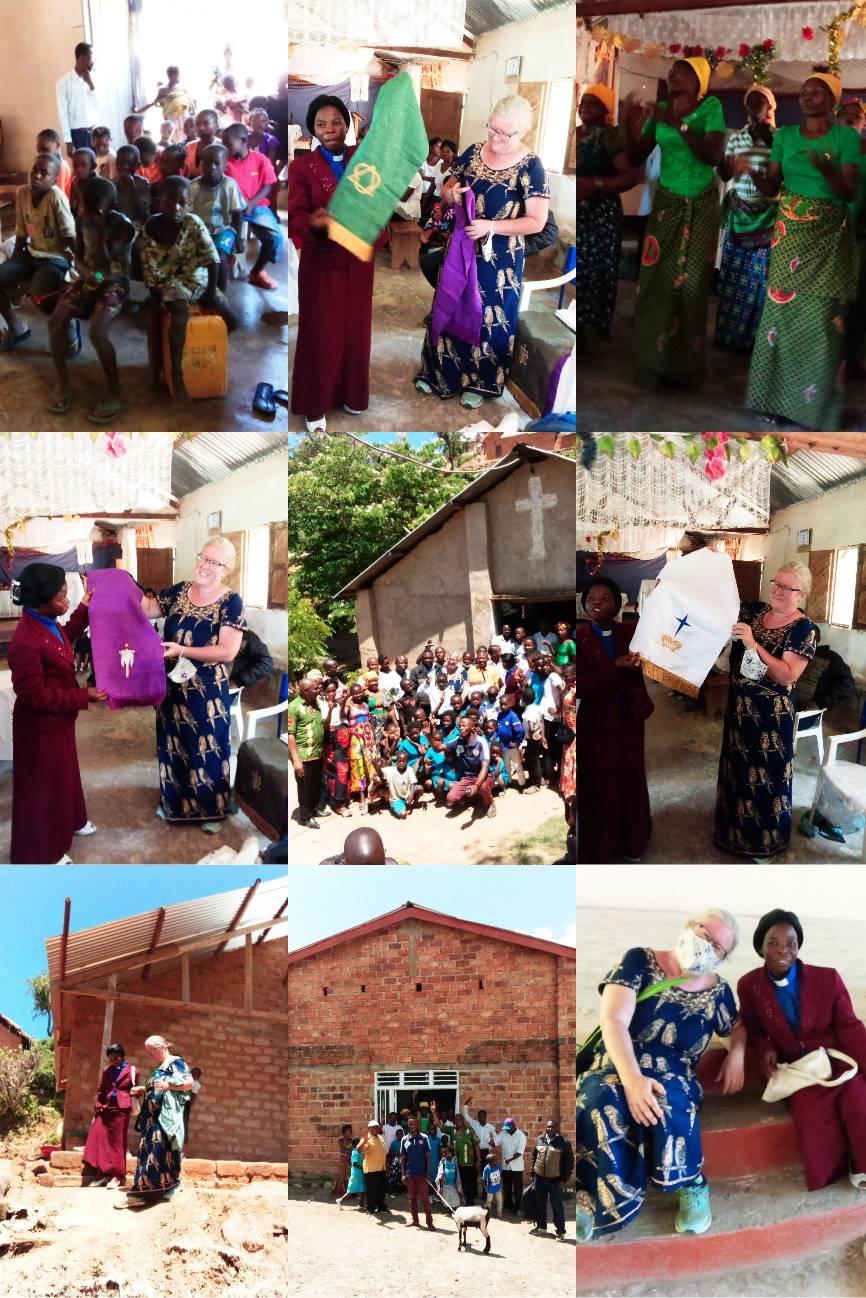
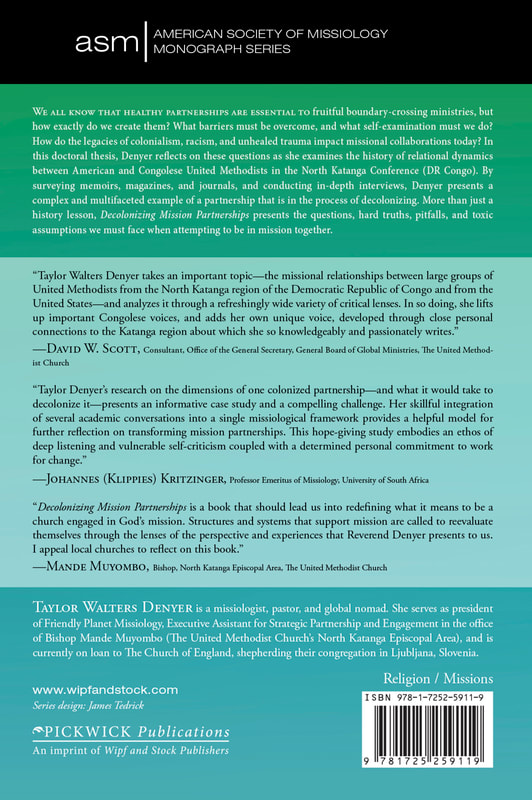
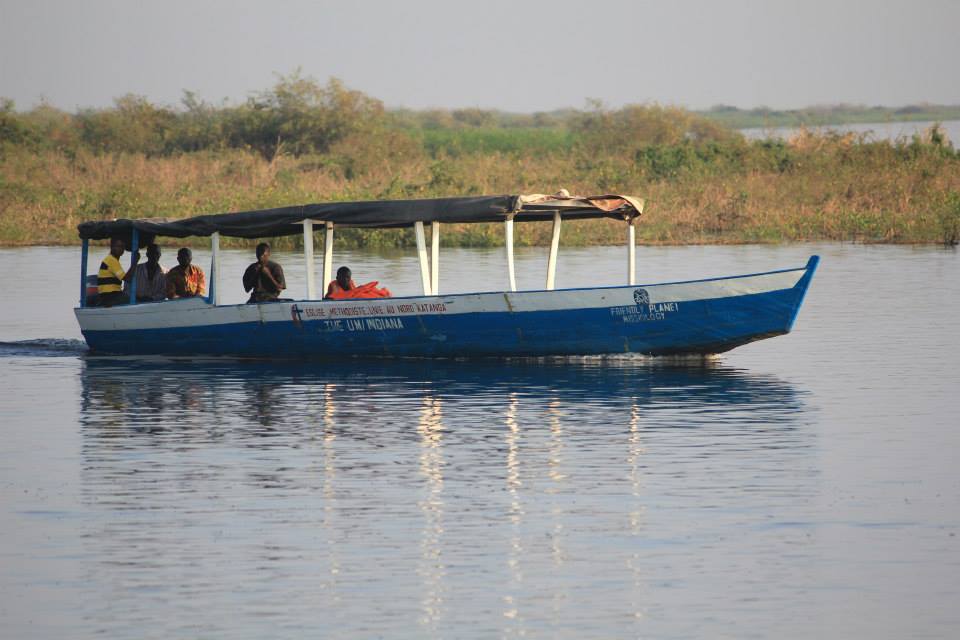
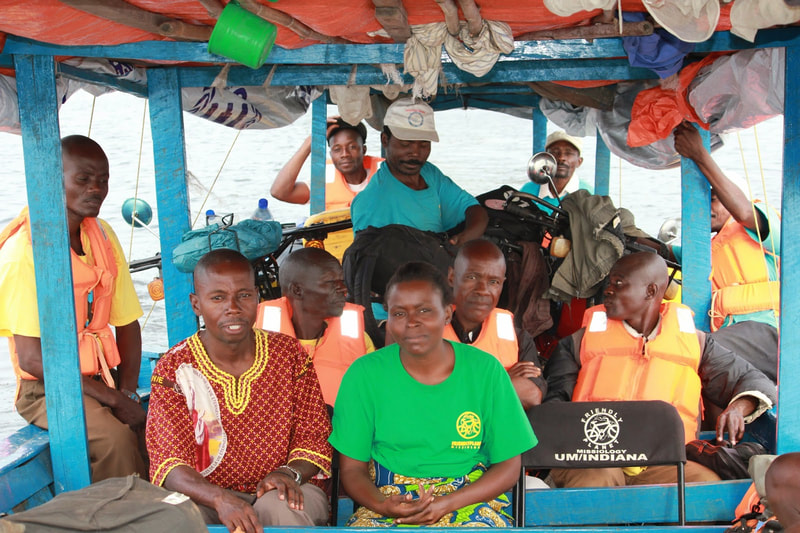
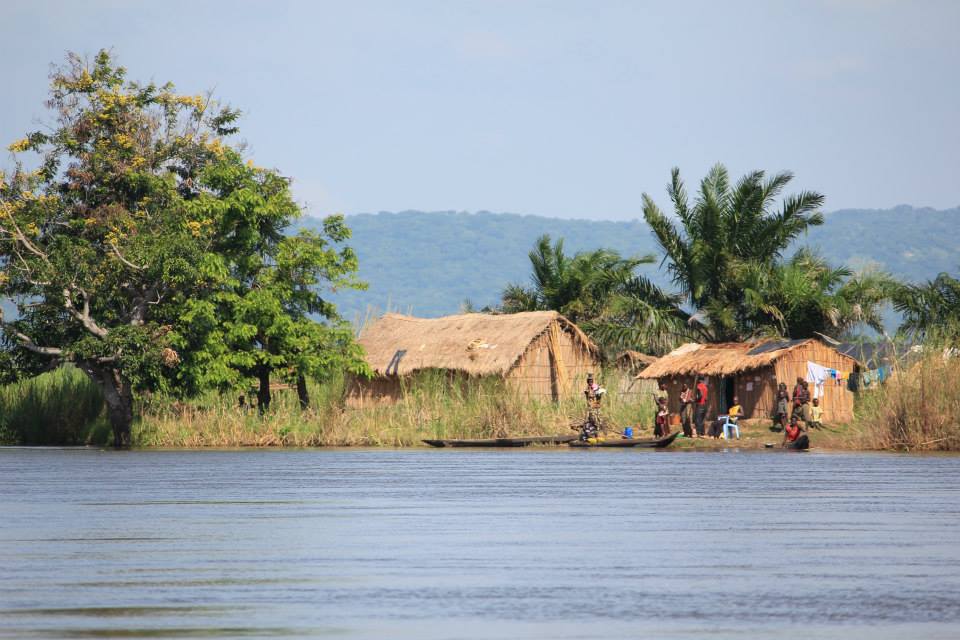
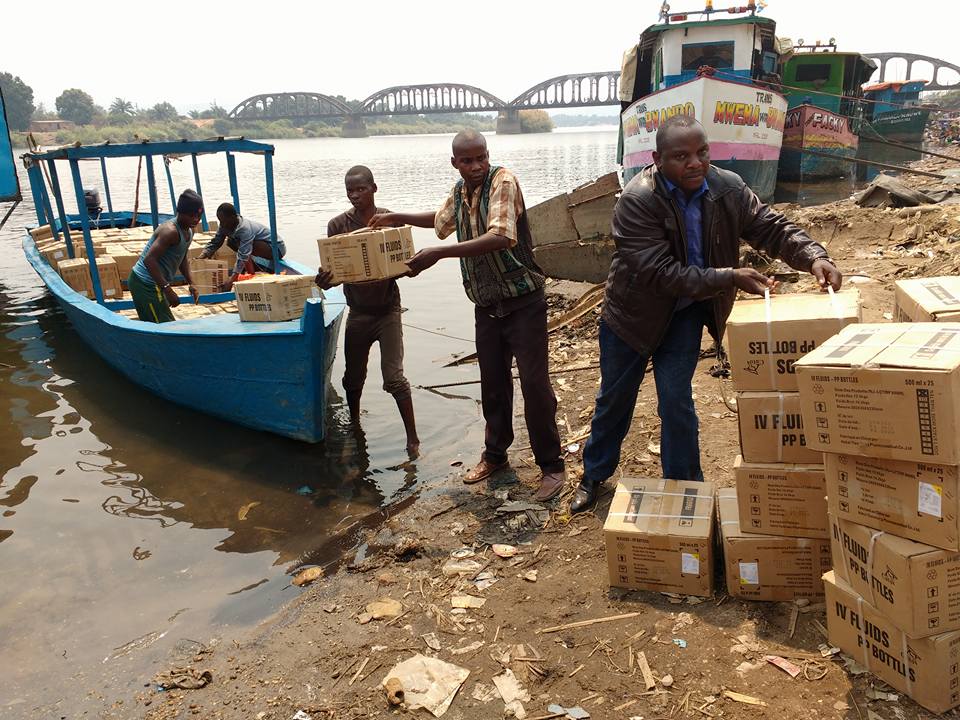

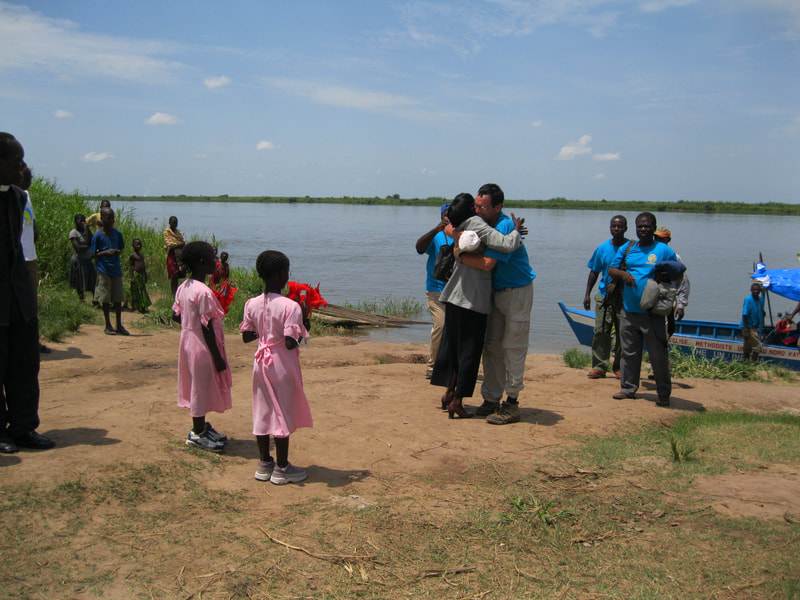
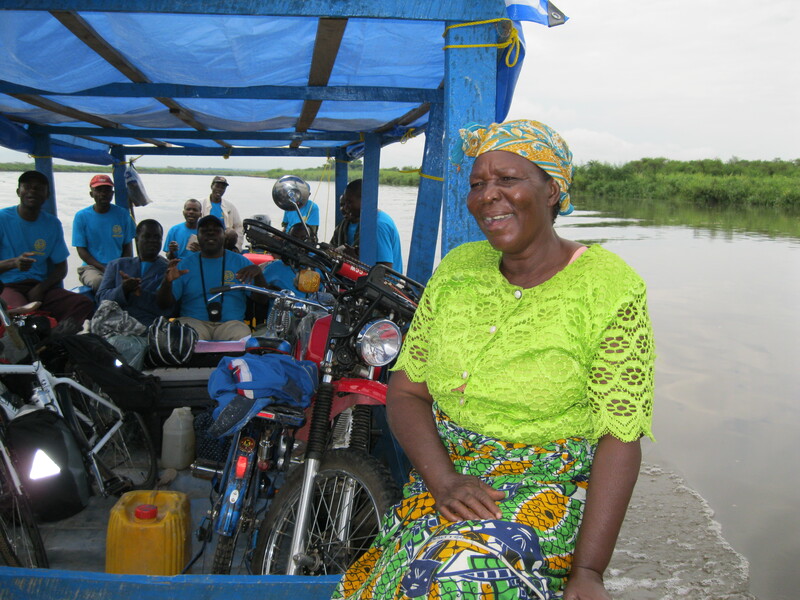
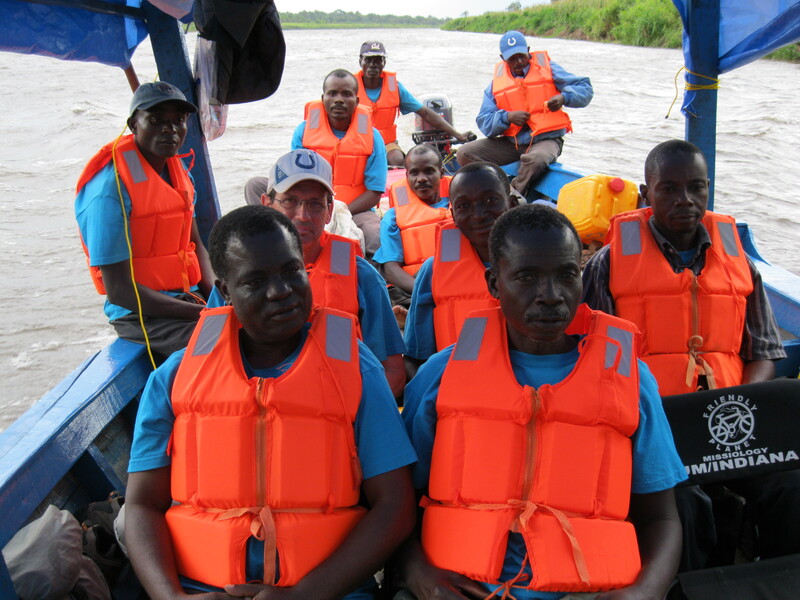
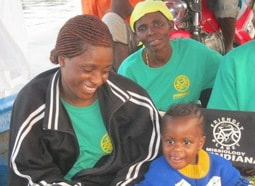

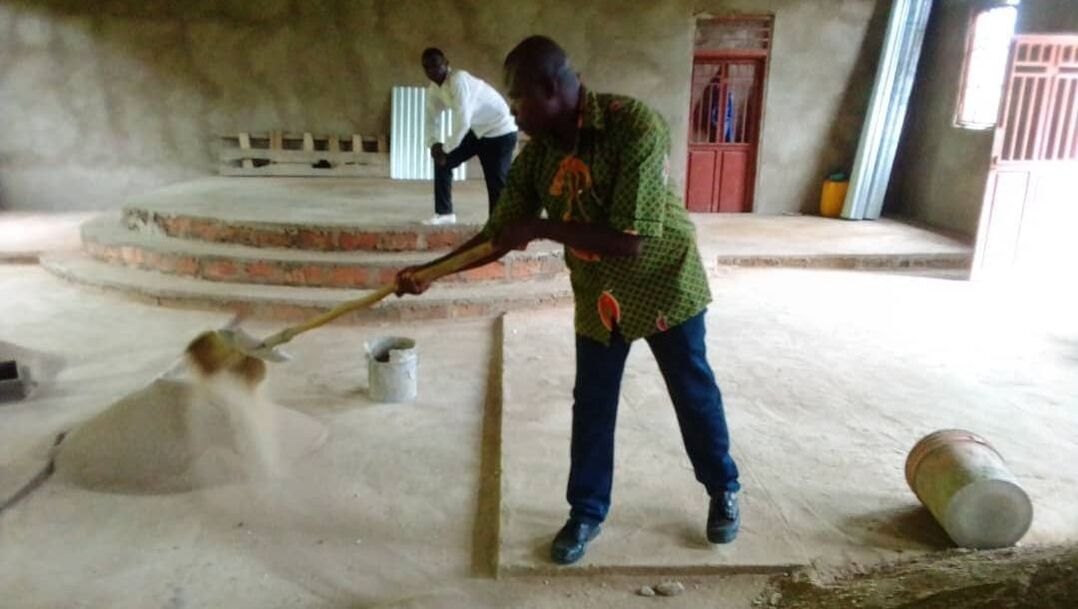
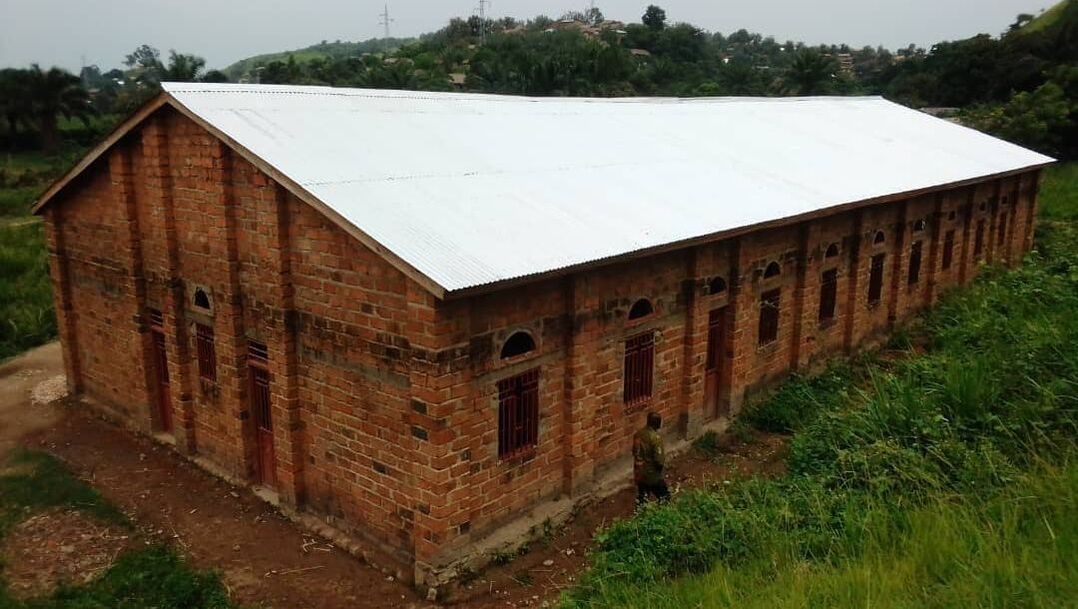
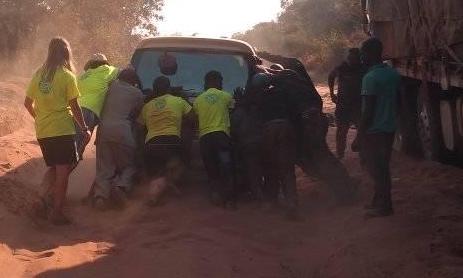
 RSS Feed
RSS Feed